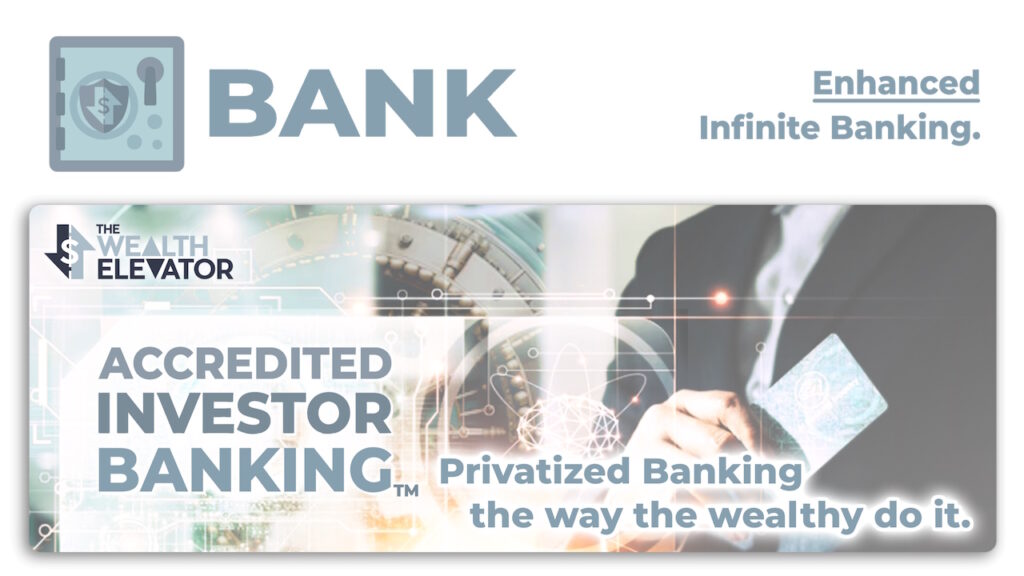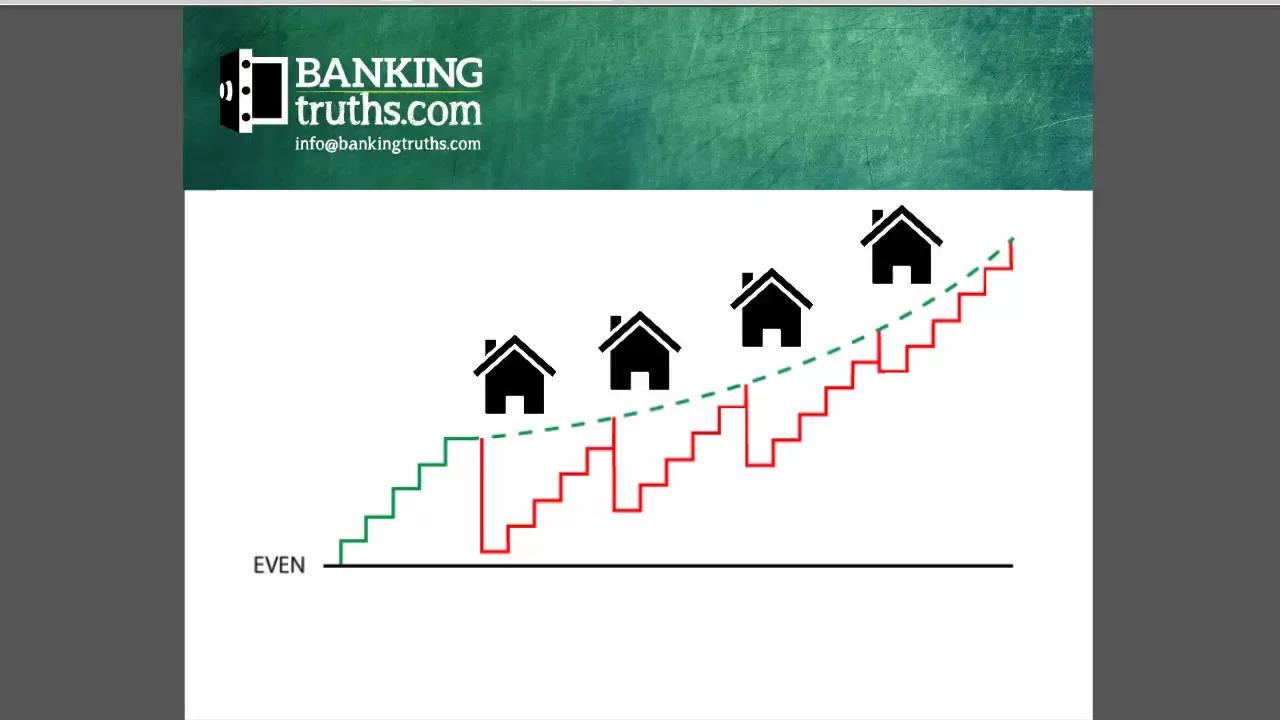All Categories
Featured
Table of Contents
Okay, to be reasonable you're actually "banking with an insurance provider" instead of "banking on yourself", but that concept is not as simple to offer. Why the term "unlimited" banking? The idea is to have your cash working in several areas simultaneously, instead than in a solitary area. It's a little bit like the idea of getting a home with money, after that borrowing against your home and putting the cash to operate in one more financial investment.
Some individuals like to talk concerning the "velocity of cash", which generally implies the exact same point. That does not imply there is absolutely nothing beneficial to this idea once you obtain past the advertising.
The entire life insurance policy market is pestered by extremely expensive insurance policy, huge payments, shady sales methods, low rates of return, and improperly enlightened clients and salespeople. If you want to "Financial institution on Yourself", you're going to have to wade right into this sector and really acquire entire life insurance policy. There is no alternative.
The warranties intrinsic in this item are important to its function. You can borrow versus the majority of kinds of cash money value life insurance policy, yet you should not "bank" with them. As you purchase a whole life insurance policy plan to "financial institution" with, bear in mind that this is a completely separate area of your monetary plan from the life insurance policy section.
Purchase a big fat term life insurance policy plan to do that. As you will see below, your "Infinite Banking" plan truly is not mosting likely to accurately offer this vital monetary function. One more problem with the truth that IB/BOY/LEAP counts, at its core, on a whole life policy is that it can make buying a policy bothersome for most of those thinking about doing so.
Infinite Bank Statements
Hazardous pastimes such as SCUBA diving, rock climbing, sky diving, or flying likewise do not mix well with life insurance products. The IB/BOY/LEAP supporters (salesmen?) have a workaround for youbuy the plan on somebody else! That might function out great, because the point of the policy is not the death benefit, however bear in mind that getting a policy on small kids is more expensive than it needs to be because they are usually underwritten at a "conventional" price instead of a chosen one.

Many policies are structured to do one of two things. The majority of frequently, plans are structured to make best use of the payment to the representative marketing it. Cynical? Yes. But it's the fact. The commission on a whole life insurance policy plan is 50-110% of the initial year's costs. In some cases plans are structured to take full advantage of the fatality advantage for the costs paid.
With an IB/BOY/LEAP policy, your objective is not to make best use of the fatality advantage per buck in premium paid. Your goal is to maximize the cash worth per dollar in premium paid. The price of return on the plan is very vital. One of the best methods to make best use of that factor is to obtain as much cash money as feasible into the plan.
The very best method to improve the rate of return of a policy is to have a reasonably small "base plan", and afterwards placed more cash right into it with "paid-up enhancements". Rather of asking "Just how little can I place in to get a specific fatality benefit?" the concern ends up being "Just how much can I lawfully put into the plan?" With even more money in the policy, there is more money worth left after the costs of the survivor benefit are paid.
A fringe benefit of a paid-up enhancement over a routine costs is that the compensation rate is lower (like 3-4% rather than 50-110%) on paid-up additions than the base policy. The less you pay in compensation, the greater your price of return. The rate of return on your cash value is still mosting likely to be negative for a while, like all money value insurance plan.
It is not interest-free. It may cost as much as 8%. The majority of insurance provider only supply "straight acknowledgment" finances. With a direct recognition car loan, if you obtain out $50K, the returns rate put on the money value each year only relates to the $150K left in the policy.
Infinite Banking Center
With a non-direct recognition car loan, the company still pays the very same reward, whether you have "borrowed the money out" (practically against) the plan or not. Crazy? Who knows?
The firms do not have a resource of magic cost-free cash, so what they provide in one location in the policy need to be drawn from one more place. If it is taken from a function you care much less around and put into a function you care more about, that is a great point for you.
There is one more important function, normally called "laundry loans". While it is fantastic to still have actually rewards paid on cash you have gotten of the plan, you still have to pay interest on that particular car loan. If the dividend price is 4% and the car loan is billing 8%, you're not precisely coming out ahead.
With a wash loan, your car loan interest rate coincides as the reward rate on the policy. So while you are paying 5% passion on the financing, that passion is completely countered by the 5% reward on the finance. In that regard, it acts just like you withdrew the cash from a financial institution account.

5%-5% = 0%-0%. Same exact same. Hence, you are now "banking on yourself." Without all three of these elements, this plan simply is not mosting likely to function very well for IB/BOY/LEAP. The biggest concern with IB/BOY/LEAP is individuals pushing it. Almost all of them stand to benefit from you buying right into this concept.
There are lots of insurance policy representatives speaking about IB/BOY/LEAP as a feature of whole life that are not in fact marketing plans with the essential features to do it! The trouble is that those that recognize the idea best have a massive conflict of rate of interest and usually pump up the benefits of the idea (and the underlying policy).
Infinite Banking Nelson Nash
You should compare loaning versus your plan to withdrawing cash from your interest-bearing account. Go back to the beginning. When you have absolutely nothing. No money in the financial institution. No cash in financial investments. No cash in cash money worth life insurance policy. You are confronted with a choice. You can place the money in the financial institution, you can invest it, or you can get an IB/BOY/LEAP policy.
You pay tax obligations on the interest each year. You can save some even more cash and placed it back in the financial account to start to earn passion once again.
When it comes time to purchase the boat, you offer the investment and pay tax obligations on your long term funding gains. You can conserve some more cash and purchase some even more financial investments.
The money worth not made use of to spend for insurance policy and compensations expands for many years at the reward rate without tax obligation drag. It starts with adverse returns, however with any luck by year 5 or so has actually recovered cost and is expanding at the dividend price. When you go to acquire the boat, you borrow against the plan tax-free.
Infinite Banking Concept Pdf
As you pay it back, the cash you repaid begins expanding once again at the returns rate. Those all job rather in a similar way and you can contrast the after-tax prices of return. The 4th option, however, functions really differently. You do not save any cash nor acquire any type of financial investment for several years.
They run your credit and give you a financing. You pay rate of interest on the obtained money to the financial institution until the loan is settled. When it is repaid, you have an almost pointless boat and no money. As you can see, that is nothing like the initial three choices.
Latest Posts
Why You Should Consider Being Your Own Bank
Infinite Banking - Be Your Own Bank - Insure U4 Life
Nelson Nash Bank On Yourself